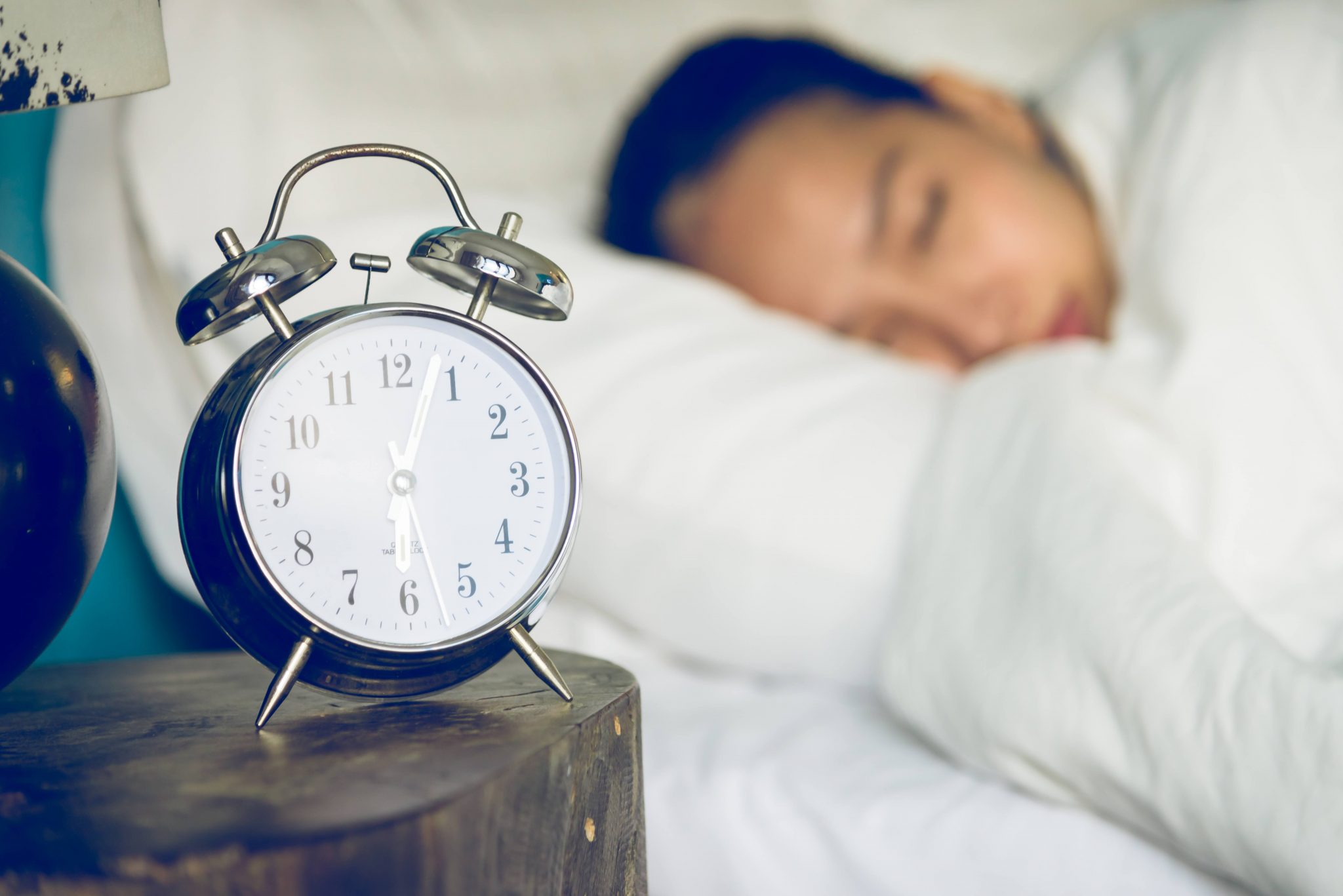No More Counting Sheep

Avoid Clock Shock
The clock change: it happens twice a year, every year and yet it still seems to unsettle and confuse us. Come rain or shine, each March and October, we’re scratching our heads trying to work out whether we’ll receive the mystical gift of an extra hour in duvet-land or if we’re about to be robbed of our prized beauty sleep. At least our all-knowing iPhones never get confused, meaning we have no excuse for being late to work!
TIME TO CHANGE THE CLOCKS
The UK reverts to Greenwich Mean Time at 2am on Sunday 30th October, when all the clocks are turned back to 1am. Remember this idiom to help you: Spring forward, Fall back. The clocks always go forward an hour on the last weekend in March in spring and go back on the final weekend of October in autumn.
WHY DO THE CLOCKS CHANGE ANYWAY?
American President Benjamin Franklin first came up with the idea to change clock times whilst in Paris in 1784. He suggested that if people got up earlier when it was lighter, then it would save on candles. The idea first arrived in the UK after Coldplay singer Chris Martin’s great-great-grandfather, the builder William Willett, thought Britons were wasting valuable morning hours during the winter. In 1907, he published a leaflet called The Waste of Daylight, encouraging people to get out of bed earlier. His successful campaign resulted in the Summer Time Act 1916 and we’ve been springing forward and falling back ever since.
GET OUT AND SOAK UP THE DAYLIGHT
So it’s time to say bye-bye to summertime for another six months, but it’s not all bad. Relish those extra 60 minutes in bed and remember the mornings will also be lighter, so make an effort to make the most of this time. Getting out and enjoying the daylight really can help to combat sleepiness and winter sadness.
Most importantly, don’t forget to pay homage to the darkest and finest day of the year for sleeping, Thursday 21st December, when there will be just seven hours and 49 minutes of daylight. The sun rises at 8:03am and sets at 3:53pm, so be grateful for a valid excuse to get to bed – you can regain the lost wakeful hours during the longest day of the year next June, when you’ll get 16 hours and 50 minutes of daylight.
TIPS FOR ADJUSTING TO THE HOUR CHANGE
- When the clocks first go back, mornings are lighter so ensure bedrooms are kept dark with blinds or curtains.
- Alter bedtime gradually over the few days beforehand to adjust to the new time. This will minimise the impact on your body’s circadian rhythm.
- Maintain bedtime routines. Get ready for bed in the same order e.g pyjamas on, teeth brushed, bedtime story.
- You know the drill on this one: try and turn off all screens at least an hour before bedtime.
- Enjoy a warm, milky drink like Sleep Well to encourage sleepiness and avoid stimulating food and drink just before sleep.
- Make sure all the clocks are correct.
GO WITH IT
For many, the October clock change marks the beginning of winter and this often symbolises a significant change in our routine and daily activities. Long gone are the heady days of summer, when strolls at dusk and post-work picnics frequent the agenda. It’s the season of board games, roast dinners and pyjama Sundays. So, eat heartily, dress warmly and get friendly with Netflix. It’s an important time to rest and recuperate, flow with nature’s cycles and slip into a gentle hibernation mode, making the most of those cosy, early nights and the simple joy of sleeping well.